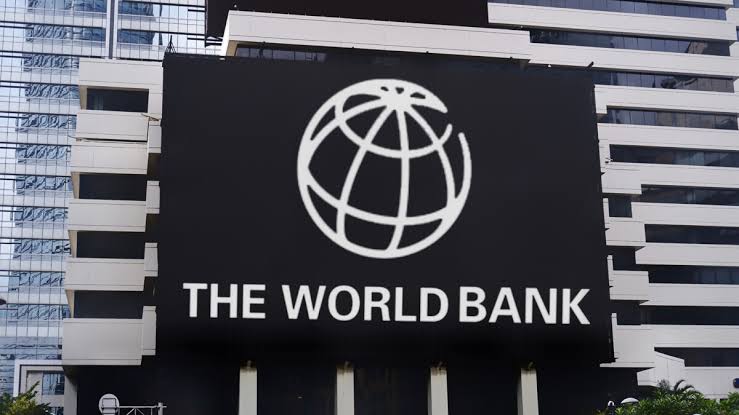Staff Correspondent
Published:2025-06-19 22:58:37 BdST
WB approves $640mn to boost Bangladesh’s gas supply, air quality
The World Bank’s Board of Executive Directors has approved two projects totalling $640 million to support Bangladesh in enhancing its gas supply infrastructure and improving air quality.
The Energy Sector Security Enhancement Project ($350 million) will help improve gas supply security by facilitating access to cost-effective financing for Petrobangla, a state-owned company, according to a World Bank press release.
The project will utilise an IDA guarantee to mobilise up to $2.1 billion in private capital over seven years for new Liquefied Natural Gas (LNG) imports. The backing of an IDA guarantee will improve Petrobangla’s creditworthiness to secure LNG supplies.
Imported LNG accounts for over one-fourth of total gas consumption in Bangladesh.
About 42 percent of the country’s gas is consumed in the power sector, so any supply shortage disrupts electricity generation and hurts the economy.
This project will provide payment security and working capital solutions to facilitate LNG imports under long-term contract and thereby reduce dependency on expensive spot market gas imports.
Besides, the Bangladesh Clean Air Project ($290 million) will take a comprehensive approach to tackle air pollution.
In Bangladesh, air pollution caused over 159,000 premature deaths and 2.5 billion days of illness, with estimated health costs equivalent to 8.3 percent of the gross domestic product (GDP) in 2019, according to the World Bank.
Dhaka remains one of the most polluted cities in the world with annual levels of fine particulate matter (PM2.5) exceeding by 18 times the WHO Air Quality Guidelines.
The project will help focus on air quality management by strengthening Department of Environment’s air quality monitoring network with new and improved stations, said the release.
It will help operationalize the Continuous Emissions Monitoring Program for real-time monitoring of major industrial sources of air pollution.
Based on an integrated network of automated monitoring systems, the monitoring program will allow enforcement of emissions limits, and disclosure of preliminary data collected at major sources.
The project aims to improve vehicle emissions control and introduce a fleet of 400 zero-emission electric bus services by replacing aging, polluting diesel buses.
These buses will operate under a unified “single operator per franchise” model for better service quality. The project will establish depots for charging, parking, and maintaining the electric buses.
The release also added that it will construct five new Vehicle Inspection Centres, upgrade two non-functioning ones, and deploy mobile Vehicle Inspection Centres and 20 mobile vehicle emissions testing units.
Combined, these interventions in the transport sector are expected to reduce primary PM2.5 emissions by approximately 2,734 metric tonnes per year.
World Bank Interim Country Director for Bangladesh Gayle Martin said that enhancing energy security and air quality are critical economic and development priorities for Bangladesh.
“By addressing the root causes of gas supply constraints and urban air pollution, these two projects will help Bangladesh boost economic growth, improve productivity, and create jobs.”
World Bank Senior Energy Specialist, Olayinka Bisiriyu Edebiri who is also the task team leader for the program, said that The Energy Sector Security Enhancement Project will help Bangladesh enhance gas supply security in a cost-efficient manner, contributing to reliable and affordable electricity for industries and domestic users.”
“By ensuring reliable gas supply, the project will help boost economic growth and resilience.”
World Bank Lead Environment Specialist and Task Team Leader of the Bangladesh Clean Air Project Ana Luisa Gomes Lima said that it will be the first in a new series of projects to improve the country’s air quality.
“As air travels across borders, no single country can contain air pollution on its own. The project will facilitate regional dialogue and data sharing for reducing air pollution.”
Unauthorized use or reproduction of The Finance Today content for commercial purposes is strictly prohibited.


